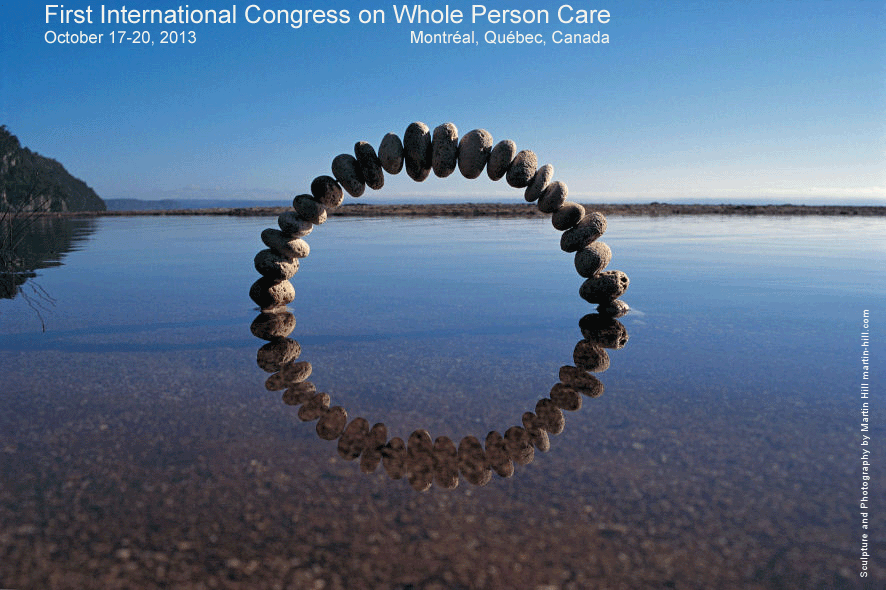No Talent Required: Using Drama Therapy in Support Groups for Cancer Patients
Main Article Content
Abstract
Objectives: It is well known that a cancer diagnosis impacts a person’s mental, emotional and spiritual well-being as well as their body. Many patients and caregivers seek out support groups to bolster themselves in this challenging time. While talk and peer-based groups can provide validation and understanding, drama therapy can provide a beneficial approach for support groups.
Methods: Drama therapy is a gentle form of creative therapy between a trained therapist and one or more clients with a specific therapeutic intention. It uses action methods (such as role play, storytelling, improvisation, writing, and projective tools) to facilitate creativity, imagination, learning, insight and growth. Drama therapy provides a creative-expressive basis for support groups within a humanistic framework.
Results: Drama therapy-based support groups encompass the patient’s holistic experience and address all aspects of their cancer experience in order to provide meaning. In addition to validating participants’ perspectives, they help participants to come to terms with their experiences and emotions, to gain insight into their responses and to learn new ways of dealing with them. Drama therapy utilizes the concepts of distance, projection and witnessing to allow clients to explore challenging issues in a safe – and potentially playful – way. It is a flexible approach that can be adapted to the specific needs of participants and therefore is well equipped to serve a broad spectrum of issues and concerns in varying and supportive ways.
Conclusions: This poster will highlight some of the theory behind drama therapy-based support groups to show the advantages these groups entail. It will also showcase various creative interventions that have been used with cancer patients.
Article Details
Authors retain copyright and grant the journal right of first publication with the work simultaneously licensed under a Creative Commons Attribution License that allows others to share the work with an acknowledgement of the work's authorship and initial publication in this journal. Creative Comons 4.0 CC-BY
Authors are able to enter into separate, additional contractual arrangements for the non-exclusive distribution of the journal's published version of the work (e.g., post it to an institutional repository or publish it in a book), with an acknowledgement of its initial publication in this journal.
Authors are permitted and encouraged to post their work online (e.g., in institutional repositories or on their website) prior to and during the submission process, as it can lead to productive exchanges, as well as earlier and greater citation of published work (See The Effect of Open Access).
